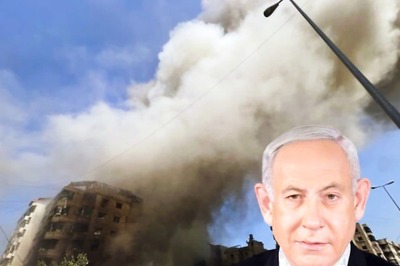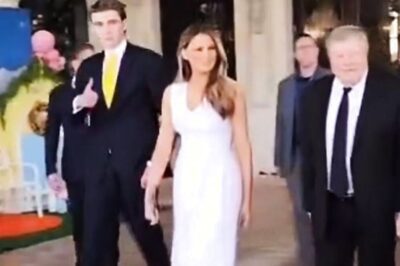
views
Under the grand marquee, the invitees listened in with rapt attention. The top leaders on the stage are face to face with national council members one last time before the poll bugle is sounded in the next two months. Banners and posters urge cadres to work for 'Fir Ek Baar, Modi Sarkar'.
Rewind to 2014. At the same Ramlila Maidaan in the national capital, the then BJP Prime Minister candidate Narendra Modi addressed the council members. For the leaders who opposed him from within and his adversaries outside he had a succinct message:
“Aap chalen na chalen, desh chal chuka hai”
At the end of the party council on Saturday, Modi’s speech will be listened in with great interest in the political circles. The politician in him — like many of his ilk — has this ability to get the public pulse right to the last beat. More than that, he has since his CM days been successful in setting the agenda and forcing his adversaries to bat on a pitch of his choice.
As chief minister of Gujarat, Modi made state elections a contest between him and the Congress central leadership. The ‘Delhi Sultanate’ as he called it. In 2014, he sought a mandate to bring back ‘acche din’ after a decade of policy paralysis.
In 2019, 60 years of Congress ‘mis-rule’ would be one of the talking points which BJP leaders from top to grassroots would use to attack the opposition. Party president Amit Shah in his inaugural address has compared the upcoming polls to the battle of Panipat between the Mughals and the Marathas. But beyond that, BJP in Lok Sabha polls will also have to talk about its performance after being handed a clear mandate to govern for full five years.
Seeking a second term, Modi this year would be defending a good first innings total of 273 plus. He registered a near cent percent strike rate in states where BJP matters — in the north, west and central India.
In the last five years, the party has attempted to strengthen its position in other areas as well. We have heard of the ‘look East’ policy to erase deficit elsewhere. Sorties to the Coromandal states have not yielded much. Prime Minister has given another call to potential and current allies.
In running its first full majority government at the Centre, BJP has also sought to invest in new social blocks for electoral gains. Three decisions by the Prime Minister in this regard need special mention — demonetisation, GST and nomination of Ram Nath Kovind as President of the Republic.
The first two were economic measures with a prominent political overtone. For once, BJP was attempting to pole vault from one side of the social divide to the other. From being seen as a party of the urban and upper caste to one with an egalitarian outlook.
Ram Nath Kovind’s appointment as the President of India was another political outreach towards the Dalits.
Ahead of the elections now, BJP seems to be making calibrated changes in the polls strategy. Ten per cent reservations to the Economically Weaker Sections has been promised. Universal Basic income of people living below poverty line is reportedly in the offing.
RSS wants a temple. PM has ruled out an ordinance route for the same.
In 2014, BJP's message to the electorate was clear and condensed. The party offered hope and people latched on to it. When BJP workers return to their constituencies on Saturday evening after the national council, they would be looking for that one central message to take back to the cadre and the voters. And they would be listening closely to Prime Minister's valedictory address to pick the leitmotif of BJP's pitch for another term in office.



















Comments
0 comment